History is shaped by mistakes. Some lead to monumental leaps forward in human understanding. Most do not. Of those in the second category, many are simply embarrassing, and result in a good bar story. Meanwhile, other have simply disastrous consequences. Below are 48 of the biggest mistakes that have been committed in history.
1. He Should Have Accepted the Offer
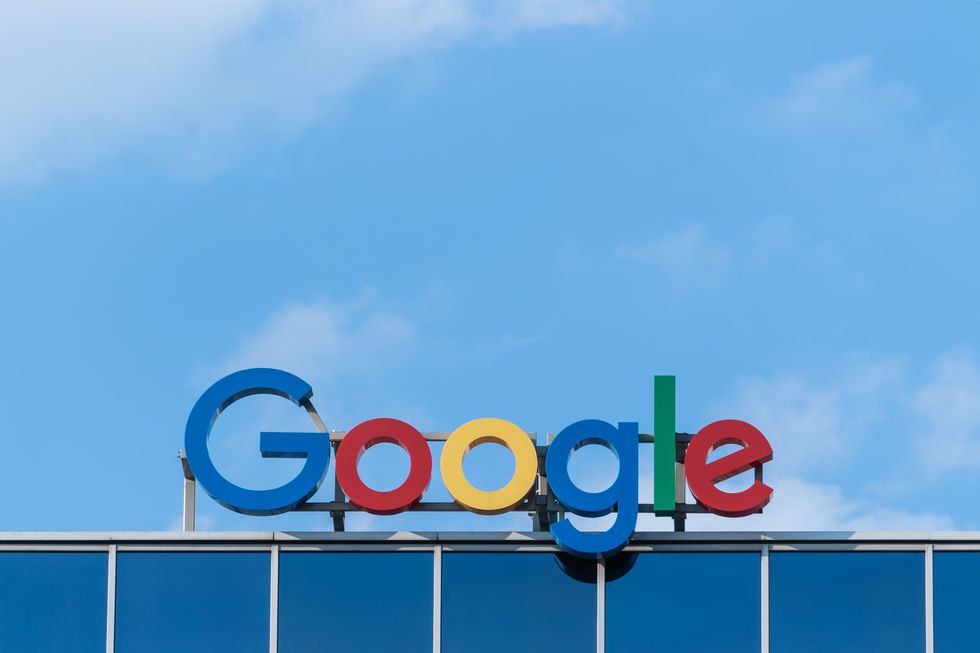 Google signPhoto by Pawel Czerwinski on Unsplash
Google signPhoto by Pawel Czerwinski on UnsplashIn 1999, the founders of Google approached Excite CEO George Bell, offering to sell him the search engine for $1 million. When Bell refused, they lowered the price to $750,000, which he also rejected. Today, Google is valued at over $300 billion.
2. We’ll Pass
 person holding black android smartphonePhoto by Dimitri Karastelev on Unsplash
person holding black android smartphonePhoto by Dimitri Karastelev on UnsplashIn 2009, Facebook turned down a pair of programmers for jobs. No big deal, right? Must happen all the time at FB HQ...
A few years later, though, the pair developed WhatsApp. Facebook subsequently purchased that venture for a cool $19 billion.
3. Trains Were Too Wide
 a silver train pulling into a train stationPhoto by Jametlene Reskp on Unsplash
a silver train pulling into a train stationPhoto by Jametlene Reskp on UnsplashThe French state railway SNCF spent $15 billion on a new fleet of trains, but unfortunately, they were the wrong size and were too wide for their 1300 platforms. The mistake cost them an estimated $50 million to correct.
4. A Case of Bad Timing
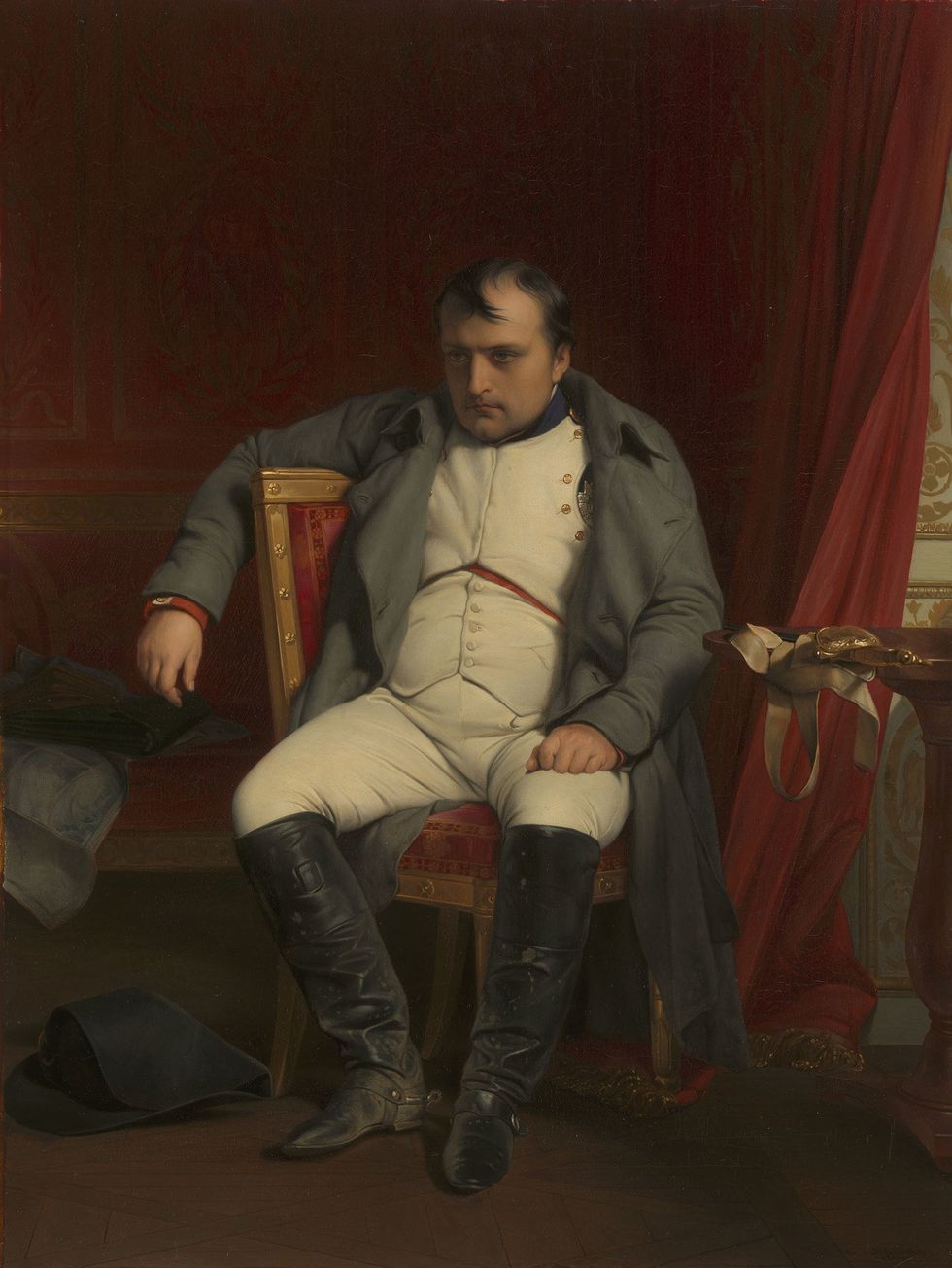 File:Napoleon at Fontainebleau, 31 March 1814 (by Hippolyte Paul ...commons.wikimedia.org
File:Napoleon at Fontainebleau, 31 March 1814 (by Hippolyte Paul ...commons.wikimedia.orgJust over 200 years ago, Napoleon’s army attempted to invade Russia.
Whoops.
A combination of factors spelled doom for the invasion. There wasn't nearly enough food for the men and horses. Poor discipline was rampant in the ranks. And, of course, none of the men were prepared for the unimaginable brutality of a full Russian winter.
It was a devastating failure. Napoleon lost 500,000 troops.
5. Infidelity is Expensive
 File:Tiger Woods June 2014 (cropped).jpg - Wikipediaen.wikipedia.org
File:Tiger Woods June 2014 (cropped).jpg - Wikipediaen.wikipedia.orgTiger Woods’s admission of multiple illicit affairs with women cost him his wife and $750 million. He also lost his sponsorships with Gatorade and others, but even worse, the shareholders of the companies with Tiger Woods endorsements lost an estimate $5 to $12 billion dollars in the wake of the scandal.
6. Gambled and Lost
 selective focus photography of bubblePhoto by Daniel Hansen on Unsplash
selective focus photography of bubblePhoto by Daniel Hansen on UnsplashThe Spanish telecom company Terra took a gamble when they purchased the search engine Lycos in 2000 for almost $12 billion. At the time, Lycos was the third most visited site in America...but that was before the dot com bubble burst. In just about a year, most internet companies in America lost millions in value. And Lycos was perhaps the biggest loser.
Terra would eventually sell the search engine in 2004 for just $95.4 million. That's an astonishing loss of $11.6 billion dollars on their investment.
7. I Accidentally Taped Over It!
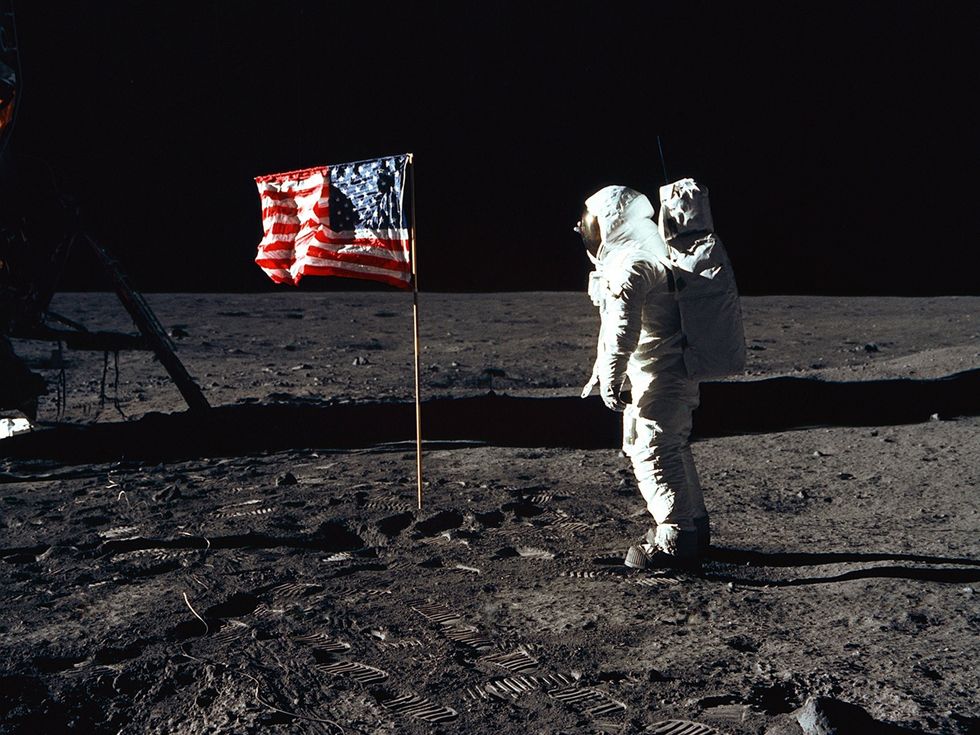 Buzz Aldrin on the moon in front of the US flagPhoto by NASA on Unsplash
Buzz Aldrin on the moon in front of the US flagPhoto by NASA on UnsplashBack in the days of data tapes, it was easy to accidentally tape over earlier recordings. Unfortunately for NASA, that’s exactly what they did, and the original tapes of the moon landing were erased and re-used. Luckily, they were able to restore the original broadcast and offer the world a glimpse of the historic event.
The admission that NASA accidentally erased the original footage had fed rocket fuel to conspiracy theorists, who already believed the entire lunar program that landed people on the moon six times between 1969 and 1972 was staged on a Hollywood set.
8. The Worst Nuclear Accident in U.S. History
 File:Exelon Three Mile Island Nuclear Generating Station.jpg ...commons.wikimedia.org
File:Exelon Three Mile Island Nuclear Generating Station.jpg ...commons.wikimedia.orgThe nuclear meltdown at Three Mile Island in March of 1979 was the result of mechanical failures that were made worse by poor training and oversights in the human-computer interaction design. It was the most significant nuclear disaster in U.S. commercial nuclear power plant history.
There are conflicting reports on the cost of the disaster, with some sources stating that the radiation exposure wasn't significant enough to result in additional instances cancer, while others insist the radiation caused thousands of cases.
9. Loss of Cultural Knowledge
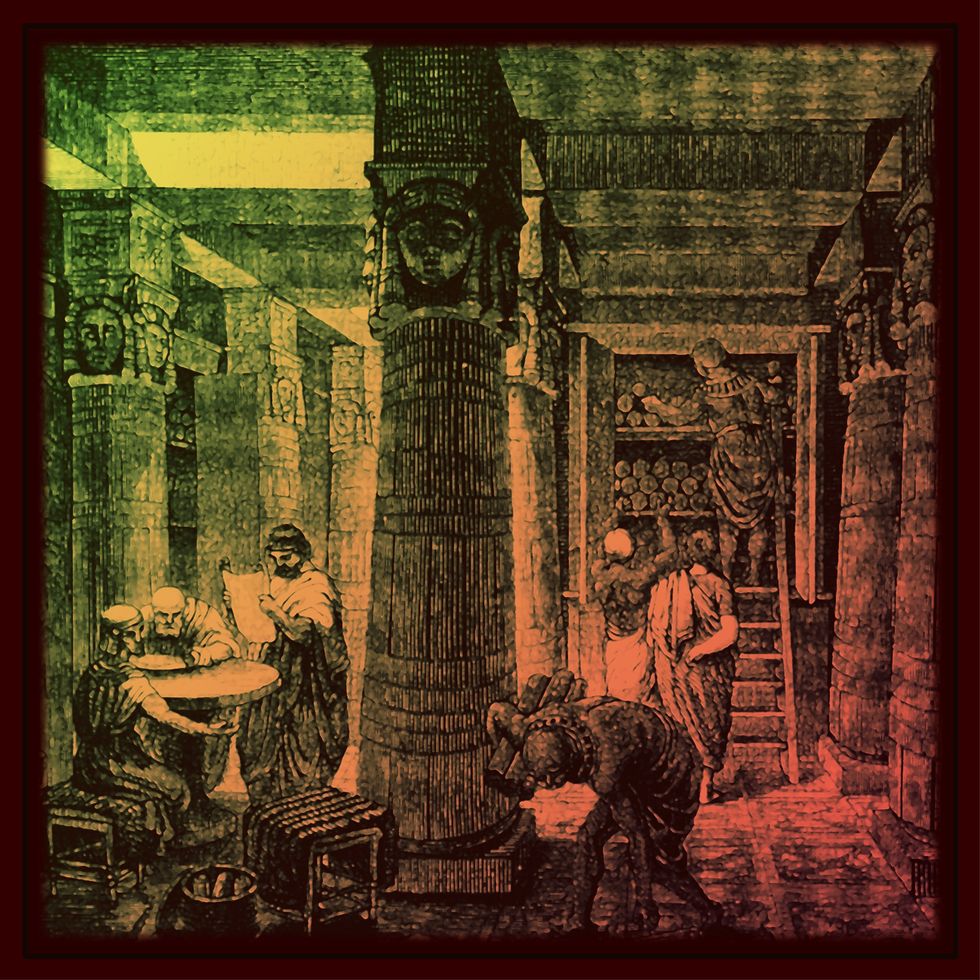 File:The Great Library of Alexandria - Colorized.jpg - Wikimedia ...commons.wikimedia.org
File:The Great Library of Alexandria - Colorized.jpg - Wikimedia ...commons.wikimedia.orgThe Great Library of Alexandria was one of the largest and most significant libraries of the ancient world, and was dedicated to the Muses—the 9 goddesses of the Arts.
The burning of the library resulted in an irreplaceable loss of knowledge and literature.
10. Didn’t Understand the Food Chain
 File:Mao Zedong 1959 (cropped).jpg - Wikimedia Commonscommons.wikimedia.org
File:Mao Zedong 1959 (cropped).jpg - Wikimedia Commonscommons.wikimedia.orgFrom 1958-1962, Chairman Mao Zedong of China launched the “Four Pests Campaign,” which would exterminate rats, flies, mosquitoes, and sparrows. What they didn’t realize was that sparrows ate a large number of insects. Without the sparrows to eat them, locust populations grew and created an ecological imbalance that exacerbated the Great Chinese Famine, which claimed the 15-30 million deaths.
That's right, when Chairman Mao Zedong ordered the extermination of sparrows, he accidentally sentenced 15 million citizens to death, all because he didn't realize that sparrows were mission critical for pest control.
11. Is That Leaning?
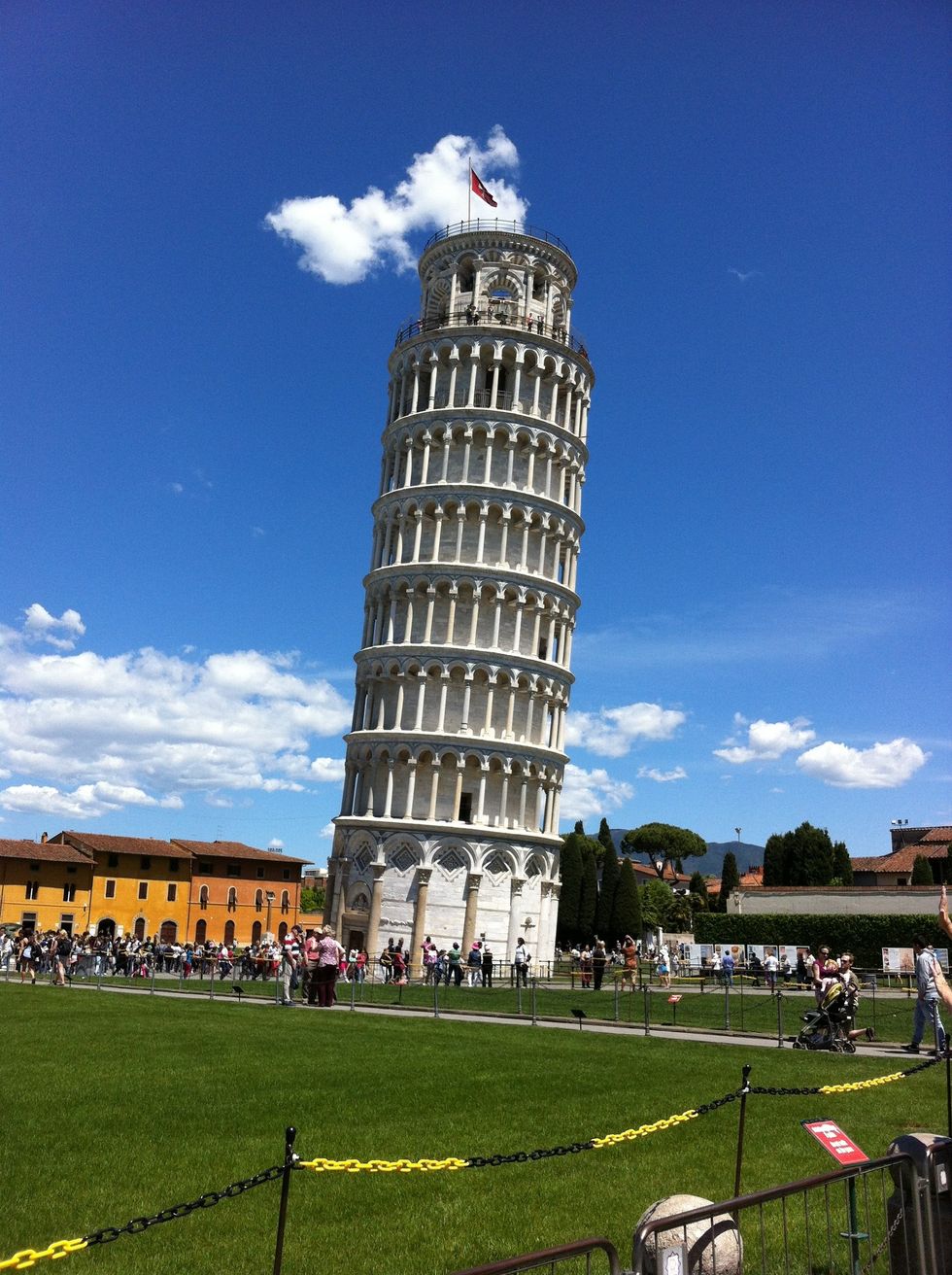 people walking on green grass field near white concrete building during daytimePhoto by Jainam Mehta on Unsplash
people walking on green grass field near white concrete building during daytimePhoto by Jainam Mehta on UnsplashThe Leaning Tower of Pisa is a free-standing bell tower in the city of Pisa Italy.
The tower is famous for its lean, but that wasn’t by design. The foundation for the tower was built on ground that was too soft to support its weight, and it started to lean during construction.
12. Threw Away Millions
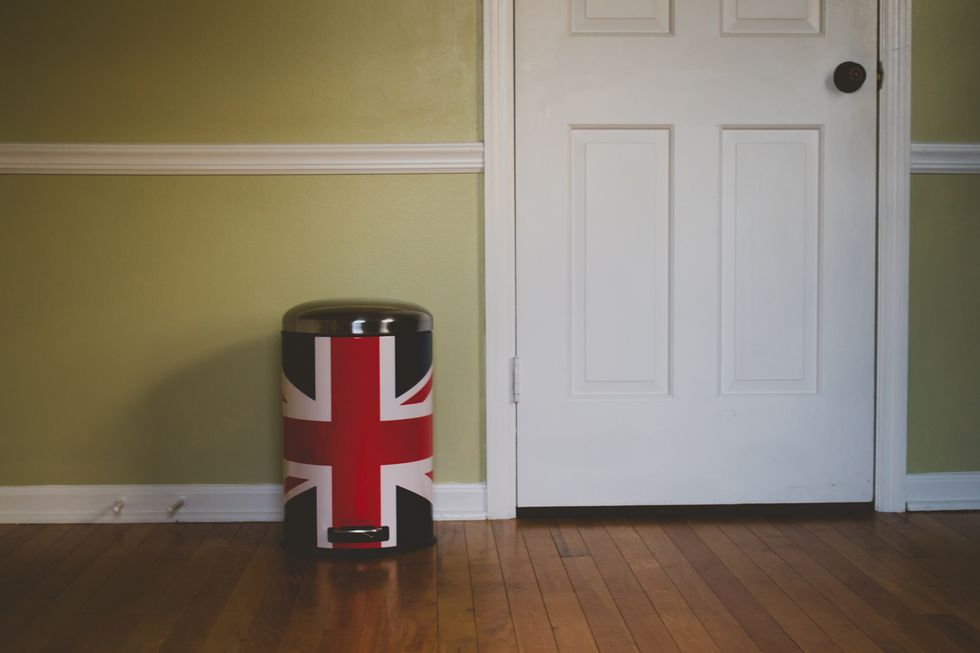 black and red UK flag pedal trash bin near white wooden doorPhoto by Steve Johnson on Unsplash
black and red UK flag pedal trash bin near white wooden doorPhoto by Steve Johnson on UnsplashA lottery winner in England lost $181 million when her husband accidentally threw away her winning ticket. The woman knew the announced numbers were hers, because she always wrote them down on a separate sheet of paper before giving the ticket to her husband.
13. Brought Down by Foam
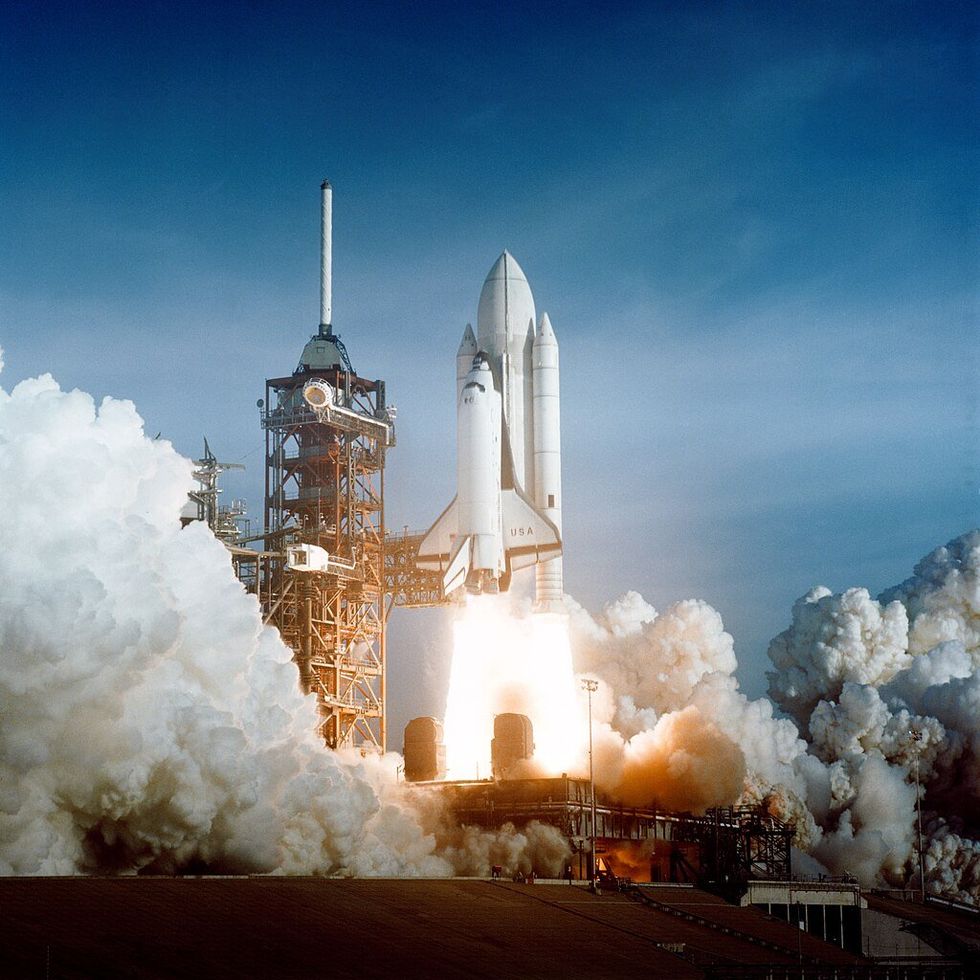 File:Space Shuttle Columbia launching.jpg - Wikipediaen.wikipedia.org
File:Space Shuttle Columbia launching.jpg - Wikipediaen.wikipedia.orgOn Feb 1, 2003, the Space Shuttle Columbia disastrously disintegrated on re-entry, claiming the lives of all seven crew members. Back when the shuttle launched, a piece of foam fell from the shuttle’s external tank and punctured the shuttle’s wing, causing damage that made the rocket unable to withstand re-entry.
NASA knew about the problem when it occurred, and came under scrutiny for their negligence.
14. Cutting Corners
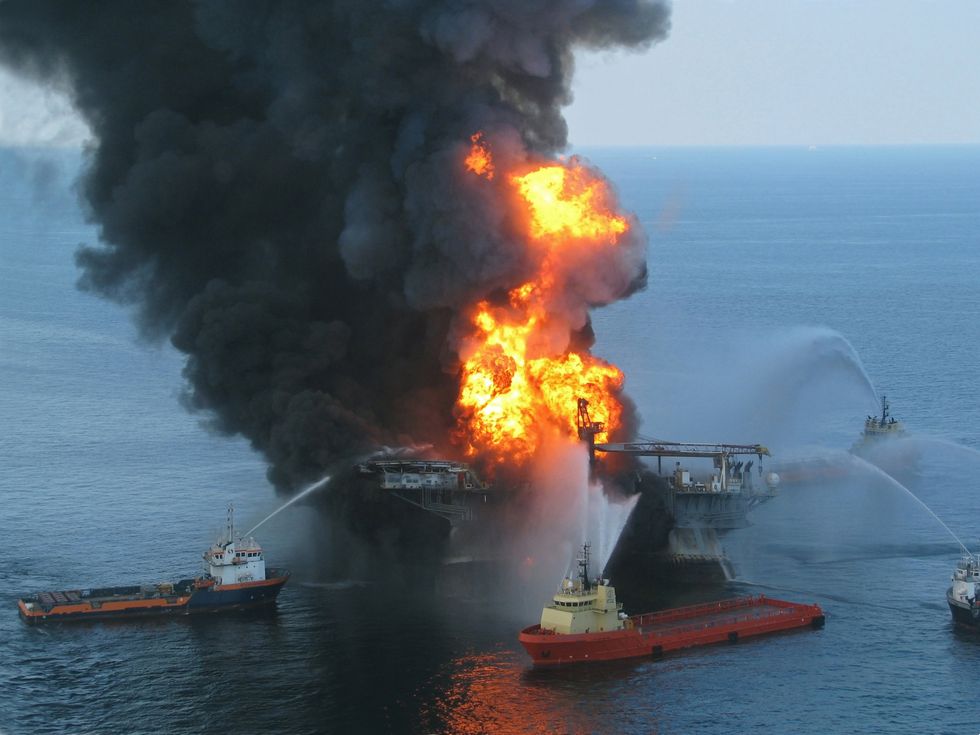 Deepwater Horizon - Wikipediaen.wikipedia.org
Deepwater Horizon - Wikipediaen.wikipedia.orgIn April 2010, a BP oil rig burst in the Gulf of Mexico, pushing nearly five million barrels of oil from the well. It was eventually determined that years of BP favoring speed over safety and cutting corners were the true causes of the accident.
15. Couldn’t Corner the Market
 white and black striped textilePhoto by Andrew Kliatskyi on Unsplash
white and black striped textilePhoto by Andrew Kliatskyi on UnsplashYasuo Hamanaka, the former chief copper trader at Sumitomo in Japan attempted to corner the market (get enough market share to manipulate the price) on copper back in 1996.
Before prices dropped and the scheme collapsed, Sumitomo controlled as much as 5% of the world’s copper. He was known as "Mr. Copper" because of his aggressive trading style. On June 13, 1996, Sumitomo Corporation reported a loss of US$1.8 billion caused by unauthorized copper trading by Hamanaka on the London Metal Exchange. It was later revealed that the true losses caused by Hamanka totaled $2.6 billion dollars.
16. Should Have Prepared for Winter
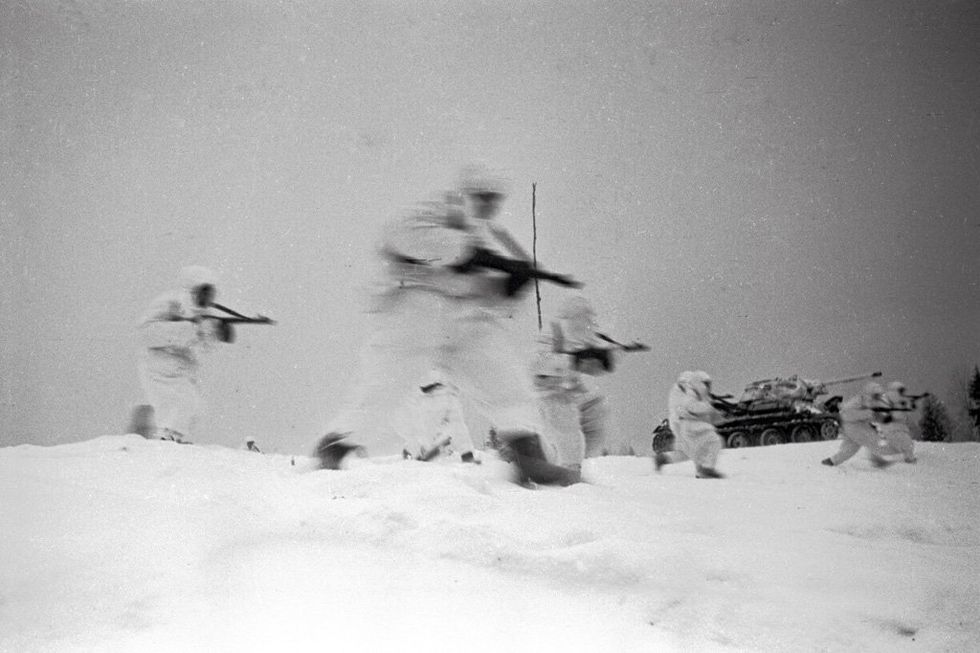 File:RIAN archive 301 An attack.jpg - Wikimedia Commonscommons.wikimedia.org
File:RIAN archive 301 An attack.jpg - Wikimedia Commonscommons.wikimedia.orgIn June of 1941, Hitler was riding high on his victories and was determined to claim the Russian territories to fulfill Germany’s destiny. Convinced that he would easily win, he ignored the warnings of his military, and reportedly told them that “We have only to kick in the front door and the whole rotten Russian edifice will come tumbling down." Thanks to some strategical miscalculations on the German generals' part, and their unpreparedness for Russian winter, the Germans were eventually forced to retreat.
17. That’s Not the System We Used!
 a red planet with a black backgroundPhoto by Planet Volumes on Unsplash
a red planet with a black backgroundPhoto by Planet Volumes on UnsplashA group of Lockheed engineers used Imperial units of measurement to build the Mars Orbiter, but the rest of the team used Metric. The use of two different systems caused the spacecraft to approach Mars on a trajectory that brought it too close to the plane. It disintegrated as it passed through the upper atmosphere. The mistake cost NASA approximately $125 million back in 1999.
18. Guitar Groups are Out
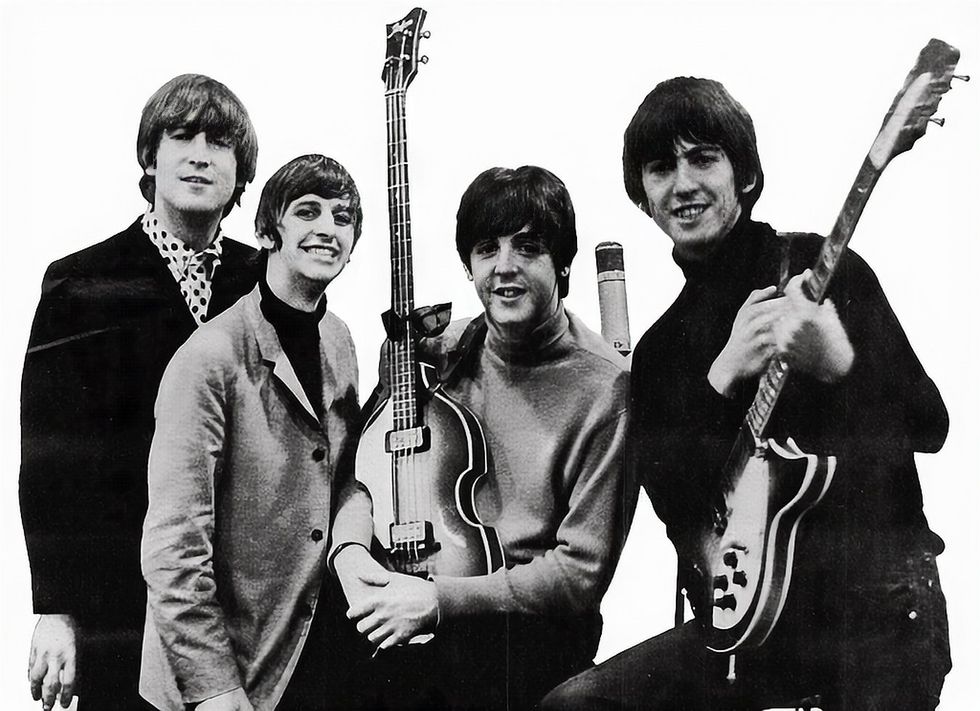 File:Beatles ad 1965 just the beatles crop.jpg - Wikimedia Commonscommons.wikimedia.org
File:Beatles ad 1965 just the beatles crop.jpg - Wikimedia Commonscommons.wikimedia.orgDick Rowe, an A&R man at Decca Records at the time of the Beatles’ audition, is known in history as "the man who turned down the Beatles." Sources that after Rowe first heard the Fab Four, he told their manager that “Groups with guitars are on their way out.”
After their rejection, he went on to sign the Rolling Stones and several other famous groups, but missing out on the Beatles was a big one: The Beatles have sold 600 million albums worldwide and 177 million in the United States alone.
19. They Defeated Themselves
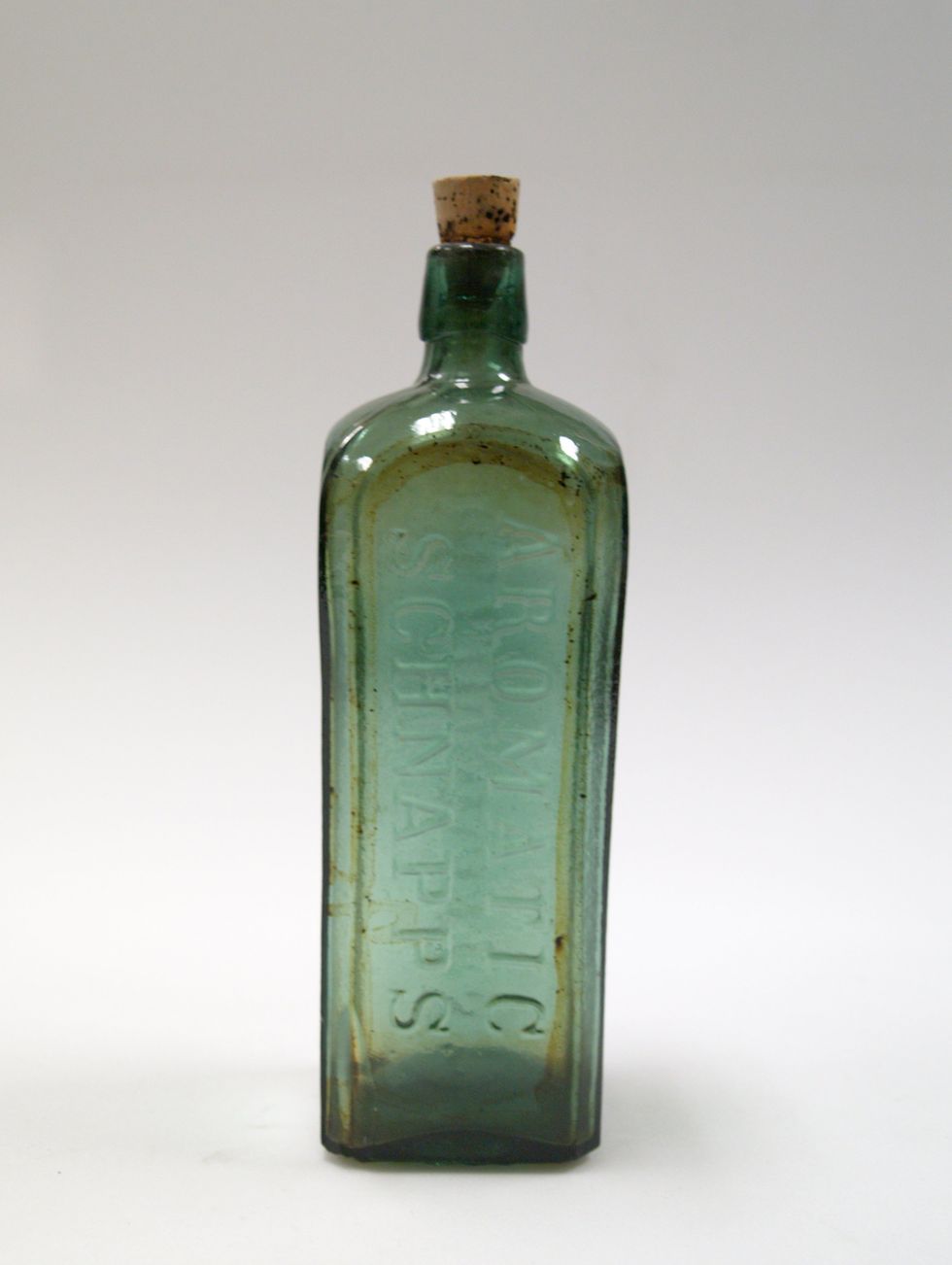
<a href="https://api.aucklandmuseum.com/id/media/v/93335">commons.wikimedia.org</a>
On September 18, 1788, during their conflict with Turkey, a group of Austrian soldiers bought some hard beverages from a band of locals in the town of Karansebes. They had too much and began to shout that the Turks were coming.
Mass confusion ensued (partly due to language barriers), panicked men began firing at the supposed "Turkish invaders" and by the morning, 10,000 of their own men were dead. With Friends like that, who needs enemies?
20. Safety First.
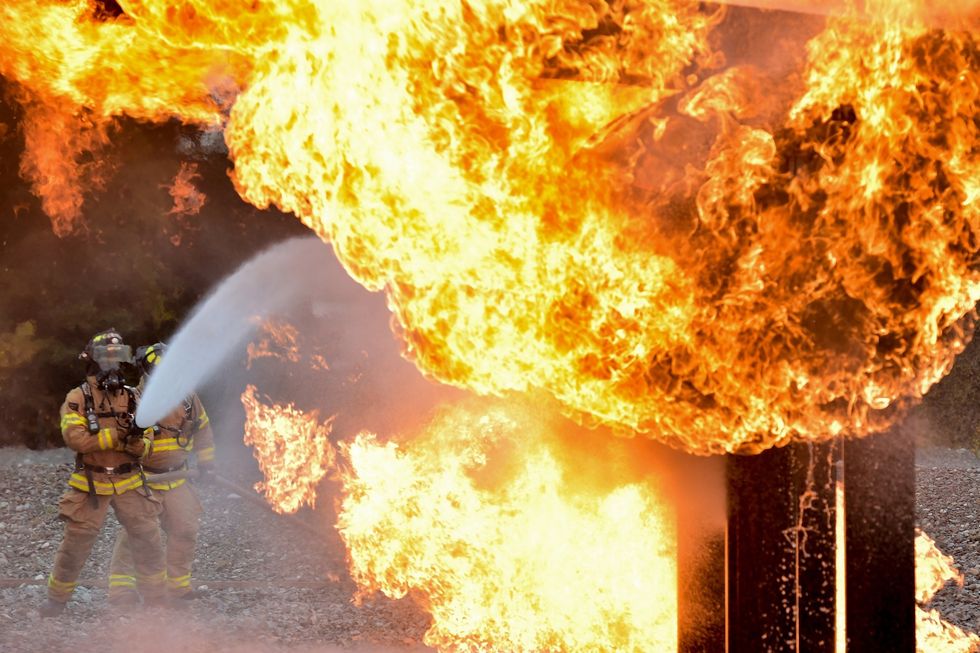 Free Images : live, equipment, spray, training, flame, fire ...pxhere.com
Free Images : live, equipment, spray, training, flame, fire ...pxhere.comOil workers on the Piper Bravo Oil Rig were evacuated after an explosion killed 167 of the 226 men working on the rig in July of 1988. A safety inspector forgot to replace a valve after a routine check, and when a worker (unaware that a valve was missing) pushed the start button, gas leaked out.
21. Poked the Wrong Bear
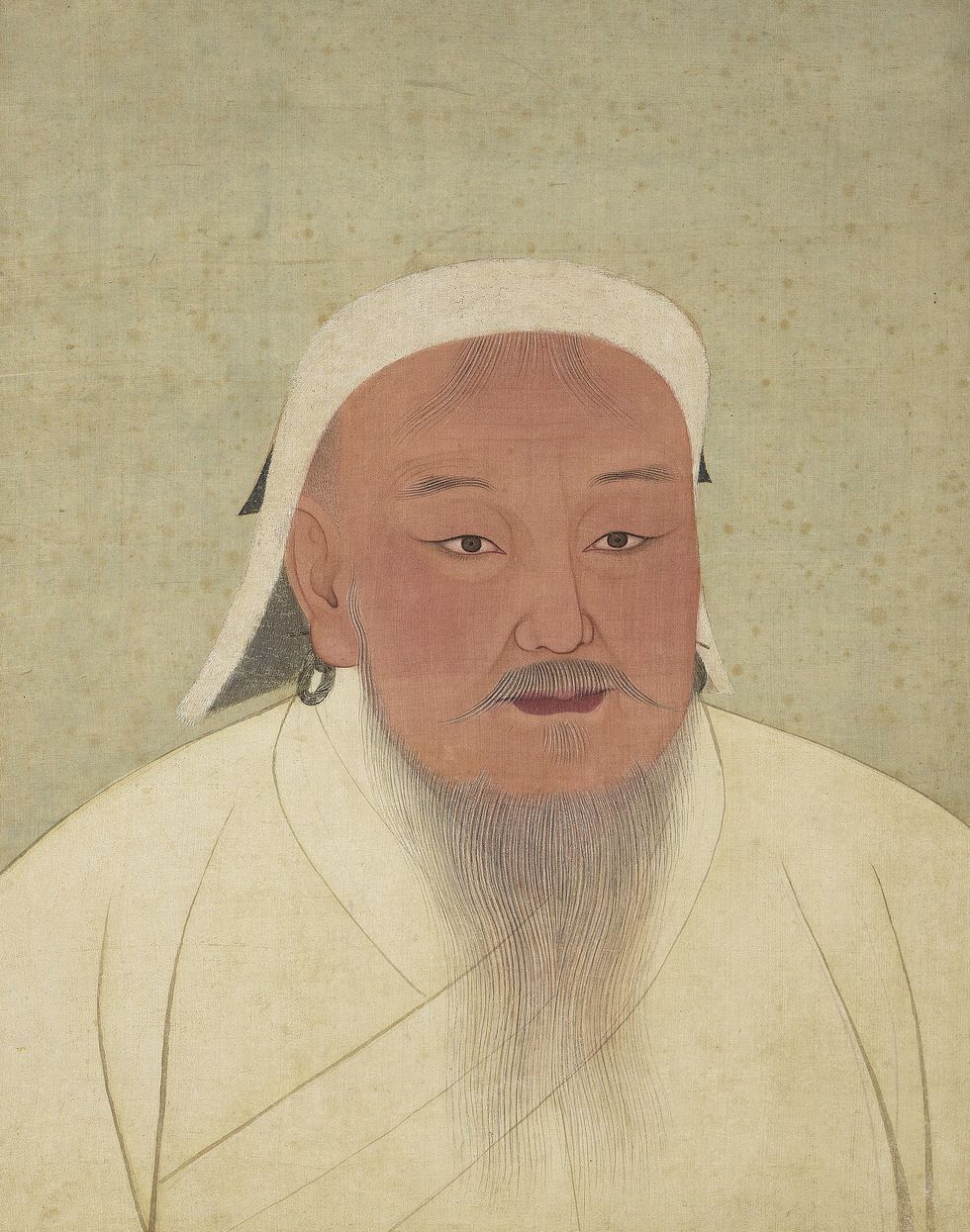 File:YuanEmperorAlbumGenghisPortrait.jpg - Wikimedia Commonscommons.wikimedia.org
File:YuanEmperorAlbumGenghisPortrait.jpg - Wikimedia Commonscommons.wikimedia.orgThe Sultan of the Khwarezm Empire in present-day Turkmenistan, Uzbekistan, Afghanistan, and Iran had agreed to a trade treaty with Genghis Khan, but when the caravan arrived, the Governor of Otrar seized the goods and had all but one of the merchants killed.
Khan then sent a delegation to the Shah to demand punishment, and he responded by shaving the heads of the ambassadors and sending the interpreter home headless. Kahn retaliated by invading and conquering Otrar.
22. A Not-So-Controlled Burn
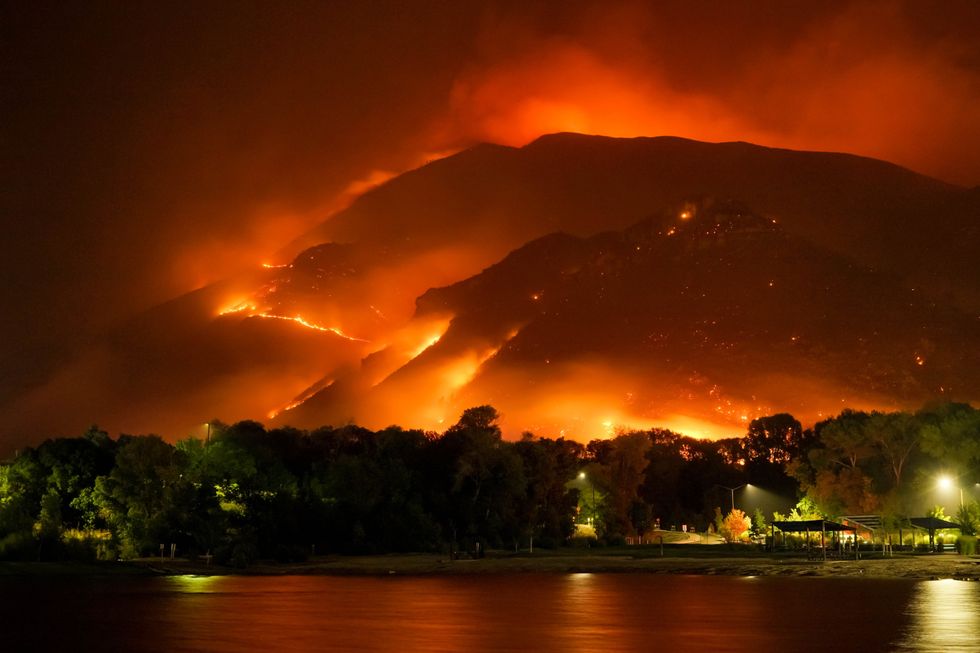 a large fire is burning in the mountainsPhoto by Mike Newbry on Unsplash
a large fire is burning in the mountainsPhoto by Mike Newbry on UnsplashIn 2000, the Cerro Grande fire in New Mexico began as a controlled blaze, but things quickly turned into a disaster. High winds and drought let the fire spread rapidly, and soon authorities had completely lost control. The fire burned for more than a month, destroying 48,000 acres, and displacing more than 400 families.
23. Blind Belief
 File:Fukushima radiation dose map 2011-04-29.png - Wikimedia Commonscommons.wikimedia.org
File:Fukushima radiation dose map 2011-04-29.png - Wikimedia Commonscommons.wikimedia.orgThe triple meltdowns at the Fukushima Number 1 power plant occurred largely because the Japanese government had a blind belief that the plants were so safe, a major disaster was impossible—despite warnings that the aging plants were vulnerable. The accident will take an estimated 40 years and billions of dollars to clean up.
24. They Should Have Listened
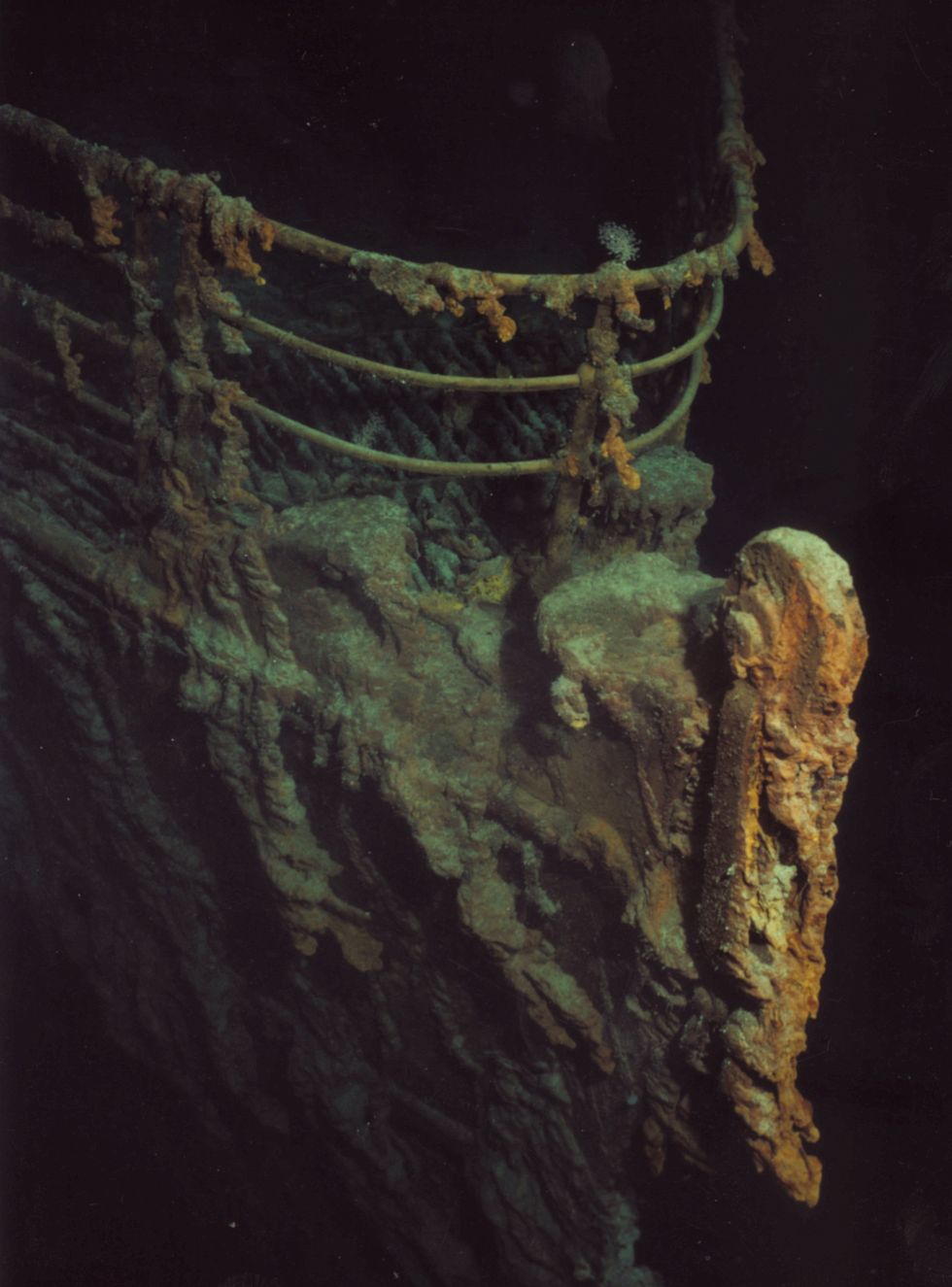 underwater photography of titanicPhoto by NOAA on Unsplash
underwater photography of titanicPhoto by NOAA on UnsplashStop me if you've heard this one...
In April 1912, the largest passenger ship ever built began its maiden voyage across the Atlantic from England to New York. It would never finish the trip.
The Titanic was called "unsinkable". It wasn't. The ship sank in the early morning hours of April 15, after crashing into an iceberg and taking on water.
Long before the actual incident, the Titanic's crew received warnings about icebergs in the area. In the interest of saving time, the warnings were ignored. That mistake claimed the lives of 1,517 people.
25. Billion-Dollar Write-Down
 File:Sony Movies Logo.svg - Wikipediaen.wikipedia.org
File:Sony Movies Logo.svg - Wikipediaen.wikipedia.orgSony thought that they were making a smart purchase when they scooped up Columbia Pictures for $3.4 billion in 1989. The cost of the deal increased when they had to spend $200 million on another production company, and another $500 million to settle a lawsuit. In the end, they were forced to take a 3.2-billion-dollar write-down on the acquisition.
26. They Thought It Was Useless
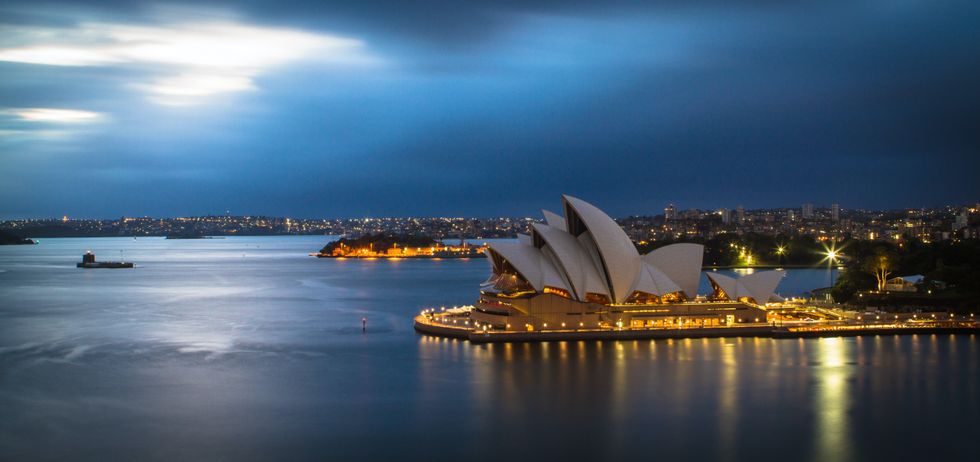 Sydney Opera House, AustraliaPhoto by Photoholgic on Unsplash
Sydney Opera House, AustraliaPhoto by Photoholgic on UnsplashDutch navigators extensively explored Australia almost a century before Captain James Cook claimed it for Great Britain in 1770, but they chose not to settle there because it failed to live up to their expectations. The island had been fabled to be overflowing with gold and giants, and they were disappointed by the seemingly barren coastline.
27. Equipment Failure
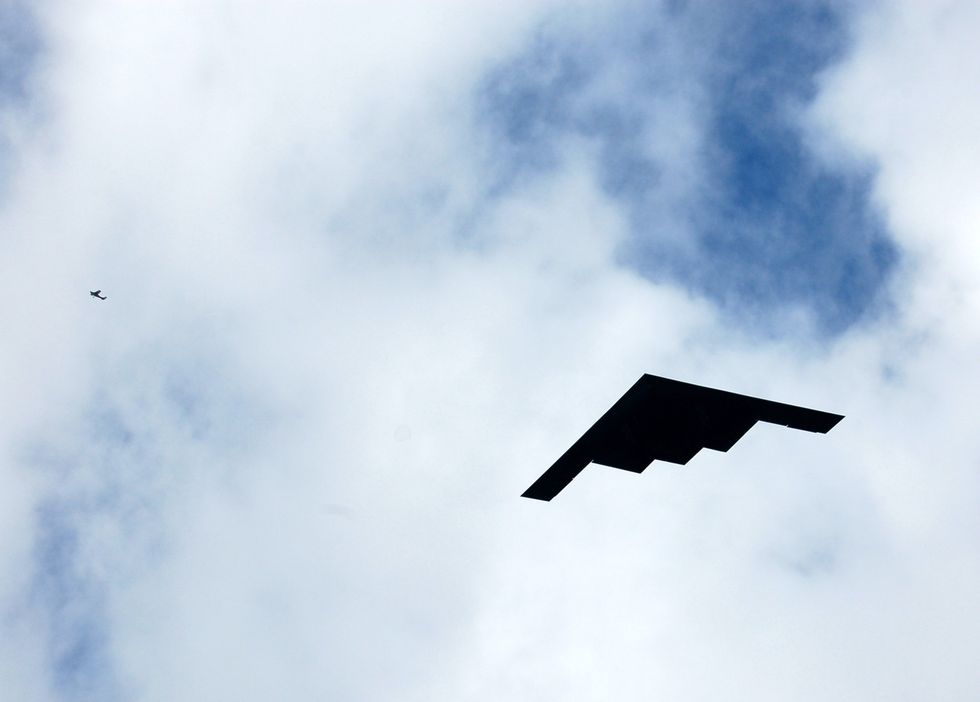 flying stealth plane during dayPhoto by Matt Artz on Unsplash
flying stealth plane during dayPhoto by Matt Artz on UnsplashAmerica’s most expensive jet was destroyed on a practice flight in Guam when faulty sensors caused the plane to stall on take-off and crash. Luckily, both pilots were able to eject safely.
28. They Wished They’d Kept It
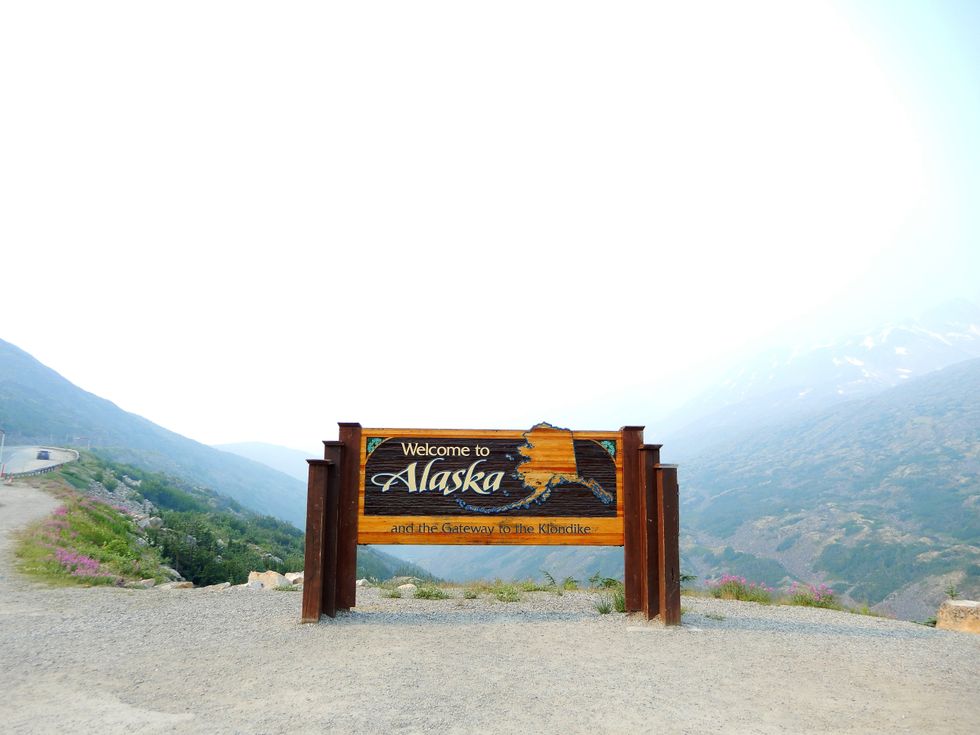 brown wooden signage on gray sand during daytimePhoto by Alexis Mette on Unsplash
brown wooden signage on gray sand during daytimePhoto by Alexis Mette on UnsplashAt the end of the Crimean War, Russia was weakened and had very little money, and they knew that Britain could simply take over their Alaskan territory if they wished. As far as the Tsar was concerned, it was just a useless piece of barren land, so he decided to sell it to the United States, rather than lose it to their British enemies.
Neither party knew about the gold and oil that lay beneath the land. If they had, Russia likely wouldn’t have sold it for 2 cents an acre.
29. There Was No Feast
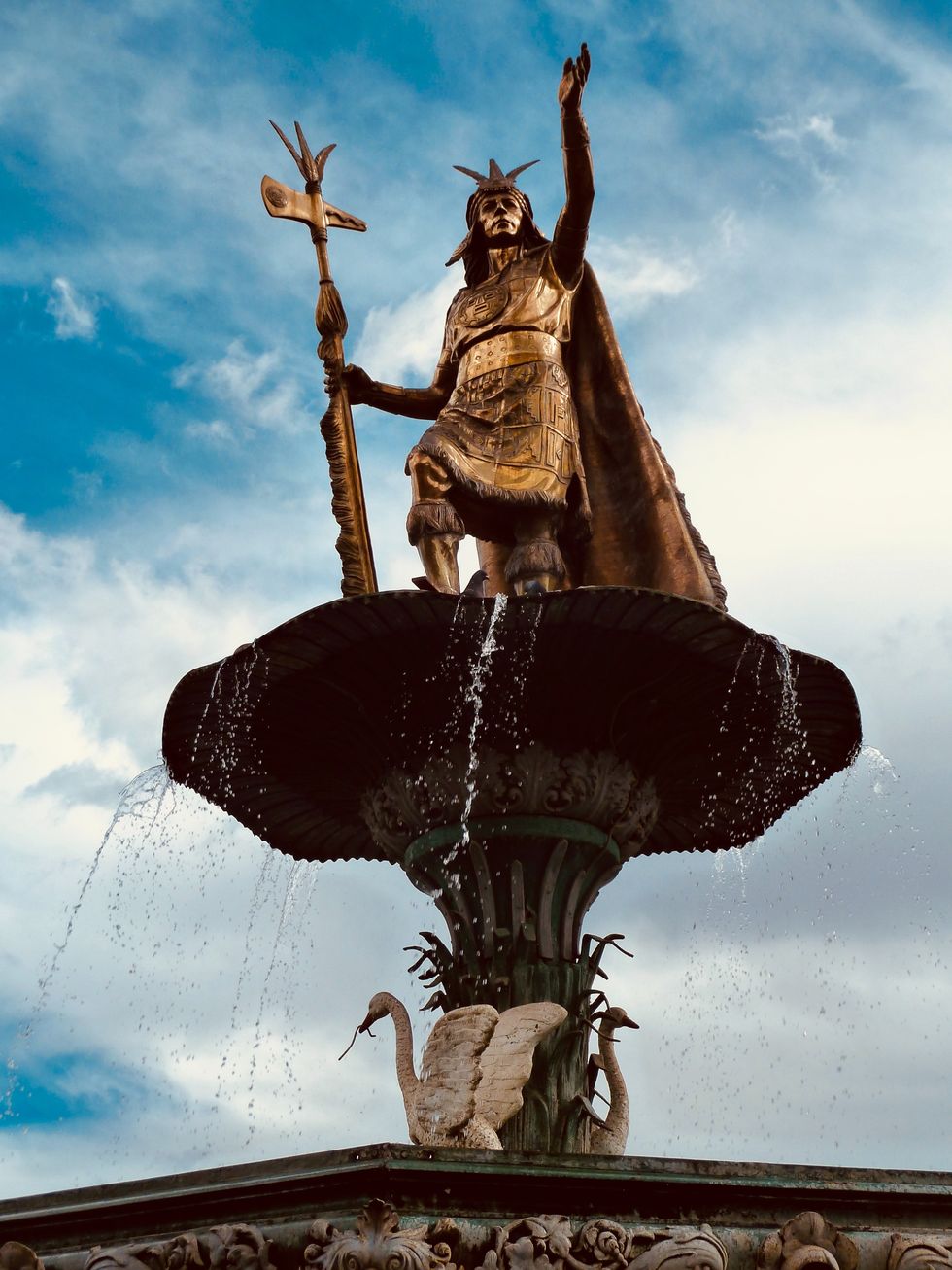 brown concrete statue under blue sky during daytimePhoto by Azzedine Rouichi on Unsplash
brown concrete statue under blue sky during daytimePhoto by Azzedine Rouichi on UnsplashIn 1532, Conquistador Fransisco Pizarro lured the Inca ruler Atahualpa to a supposed feast in his honor. It turned out to be a trap. Pizarro’s men massacred 80,000 Inca warriors, and captured Atahualpa. As a final humiliation, Pizarro forced Atahualpa to convert to Christianity before executing him.
30. An Unsuccessful Merger
 blue audi coupe parked on green grass field during daytimePhoto by Udo Meyer on Unsplash
blue audi coupe parked on green grass field during daytimePhoto by Udo Meyer on UnsplashUnfortunately for Mercedes Benz, their 1998 merger with Chrysler failed to work out as planned, and less than a decade later in 2007, Mercedes sold the company for $7 billion—about $13 billion less than they’d paid for it.
31. Hydrogen Is Flammable
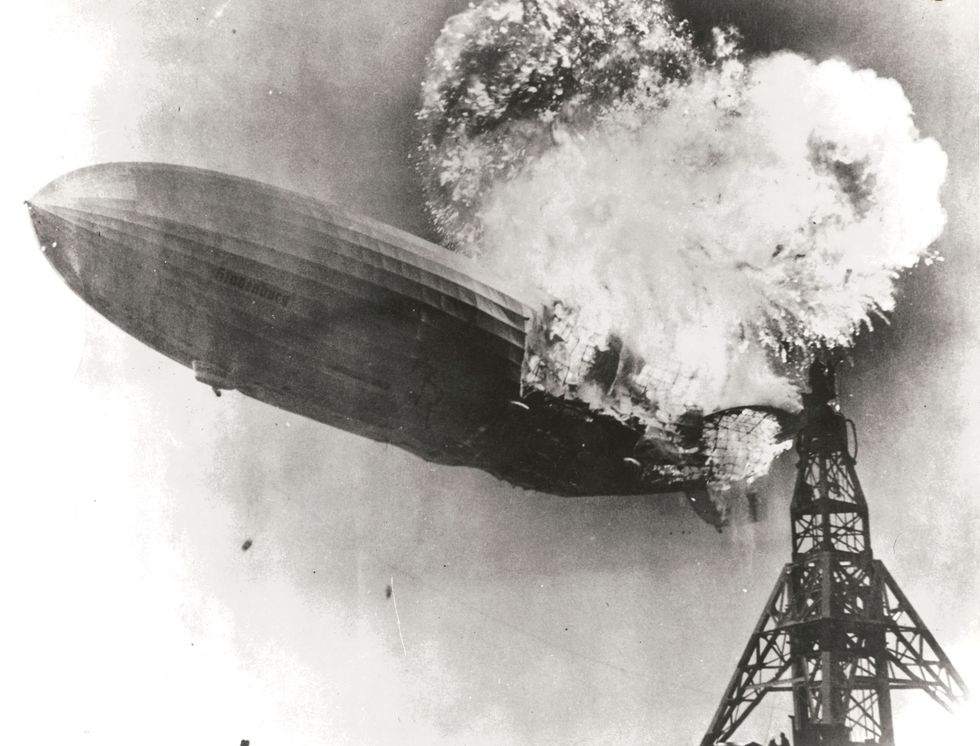 File:Hindenburg burning.jpg - Wikipediaen.m.wikipedia.org
File:Hindenburg burning.jpg - Wikipediaen.m.wikipedia.orgThe Hindenburg disaster marked the end of the airship era, claiming all 35 passengers and one member of the ground crew. The airship caught fire because of a spark that ignited leaking hydrogen. As the Germans discovered, hydrogen is an extremely flammable and dangerous substance, and using it to fill airships perhaps wasn’t the smartest idea.
32. Fire and Blood
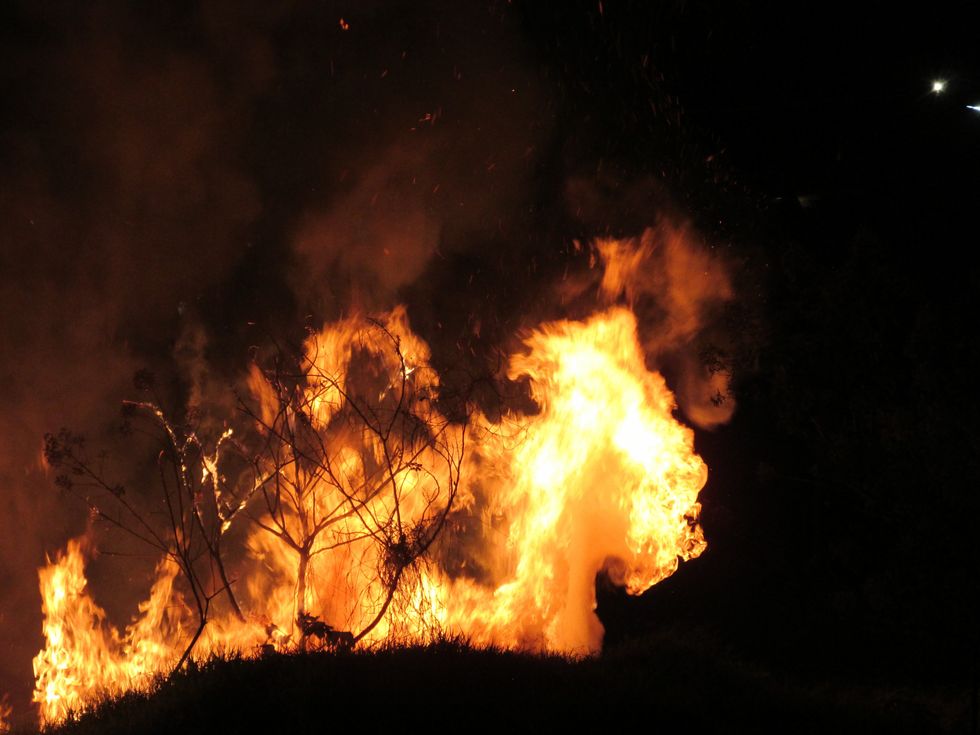 silhouette of trees during night timePhoto by Henrique Malaguti on Unsplash
silhouette of trees during night timePhoto by Henrique Malaguti on UnsplashA hunter was responsible for starting the biggest fire in California’s history back in 2003. He lost a lit signal flare near the San Diego County Estates and the fire spread. Close to 300,000 acres and 2,322 homes were destroyed. 14 people also lost their lives.
33. Who Left the Gate Open?
 brown concrete building under blue sky during daytimePhoto by Raimond Klavins on Unsplash
brown concrete building under blue sky during daytimePhoto by Raimond Klavins on UnsplashForgetting to close a gate isn’t normally that big a deal--unless you’re the unfortunate Roman who forgot to close the Kerkoporta Gate at Constantinople. That unfortunate soul single-handedly lost a siege.
You see, the walls of Constantinople were generally regarded to be impregnable. This contributed to a sense of confidence and security for the Roman defenders, who were under siege by a much larger Ottoman force.
So when one Roman guard accidentally left the gate open at night, a group of 50 Ottomans was able to sneak in under cover of night, slaughtering the Roman guards and raising their flag on the walls. This caused panic in the Roman ranks, who were left with the impression that the city had somehow been conquered overnight. The resulting loss of morale helped the Ottomans to actually conquer and loot the city with a subsequent invasion.
34. Abandoning the Navy
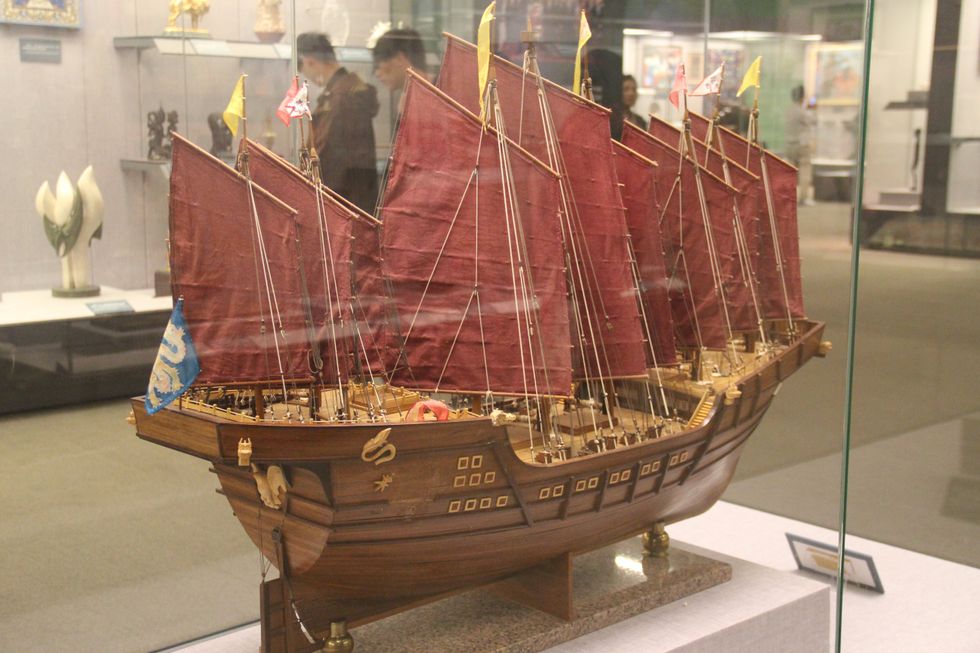 File:Zheng He Treasure Ship (15832736462).jpg - Wikimedia Commonscommons.wikimedia.org
File:Zheng He Treasure Ship (15832736462).jpg - Wikimedia Commonscommons.wikimedia.org500 or so years ago, China had one of the greatest seafaring fleets in the world. They boasted 5 times the size of those being built in Europe.
By 1525, the entire fleet had been destroyed. Chinese elites urged the government to destroy their own fleet, concerned about the rising status of the middle class who had benefited from the international trade that the "Treasure Fleet" enabled. The vessels were either set aflame or left to rot at port. Economists believe this act crippled China's economy and drastically reduced its world influence.
35. Serial Infidelity
Mining Magnate Dmitri Rybolovlev allegedly slept with other women on his yacht, leading his wife to accuse him of "serial infidelity." The divorce battle that ensued forced him to sell assets to raise cash for the settlement.
36. A Fatal Wrong Turn
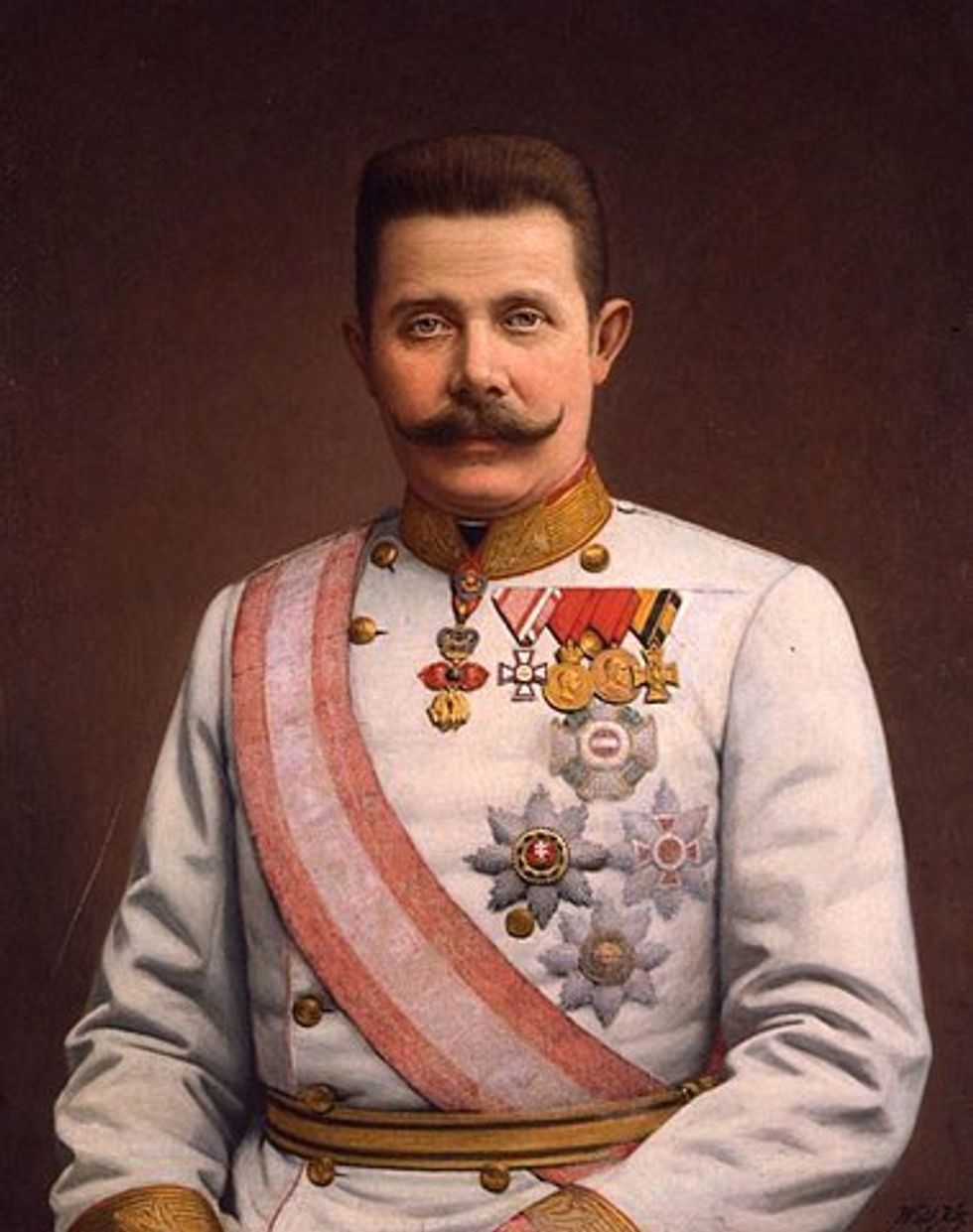 File:HGM Wilhelm Vita Porträt Franz Ferdinand.jpg - Wikimedia Commonscommons.wikimedia.org
File:HGM Wilhelm Vita Porträt Franz Ferdinand.jpg - Wikimedia Commonscommons.wikimedia.orgWho would have imagined that a wrong turn could turn the entire world on its head? That’s what happened on June 14, 1914, when Archduke Ferdinand’s driver made a wrong turn. He turned down the road where the assassin Gavrilo Princip was enjoying a sandwich. The driver, realizing his mistake, slammed on the brakes and caused the car to stall, which gave Princip the opportunity to fire into the car at close range.
37. Great Ideas That Didn’t Work
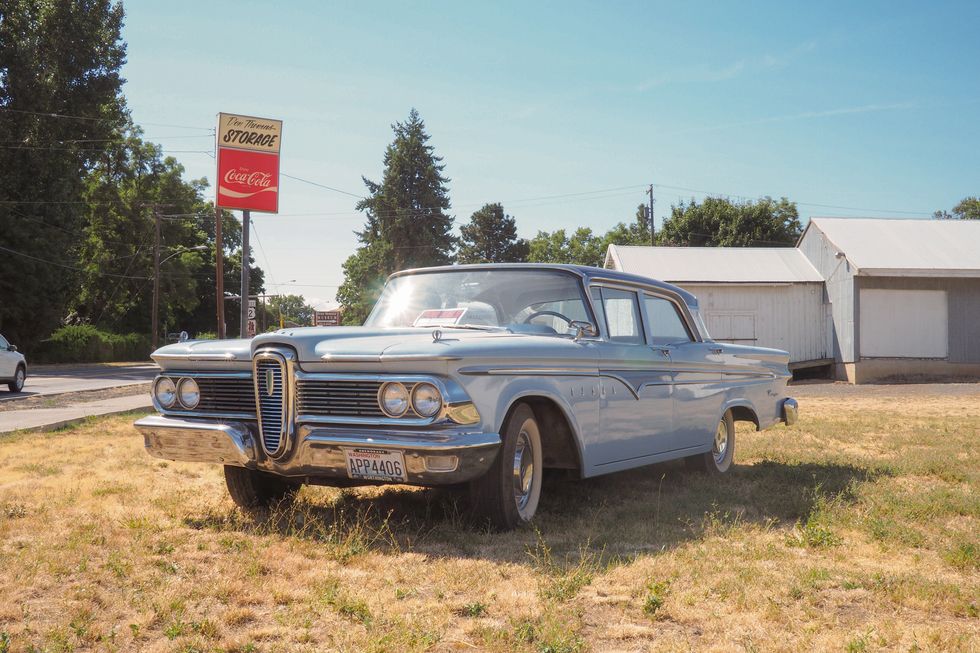 classic teal sedan near house during daytimePhoto by Peter Secan on Unsplash
classic teal sedan near house during daytimePhoto by Peter Secan on UnsplashIn 1957, Ford introduced the Edsel.
The car was a massive gamble. For a year before its release, Ford spent millions on a teaser campaign, which billed the as-yet-unseen Edsel as the car of the future.
Turns out, it wasn't.
The car was introduced with fanfare and excitement... but Ford would stop production in 1959, just two years after the initial sale. Unfortunately for Ford, it failed to live up to the hype created by their advertising campaign. The whole debacle cost them an estimated $250 million.
38. A Strategical Error
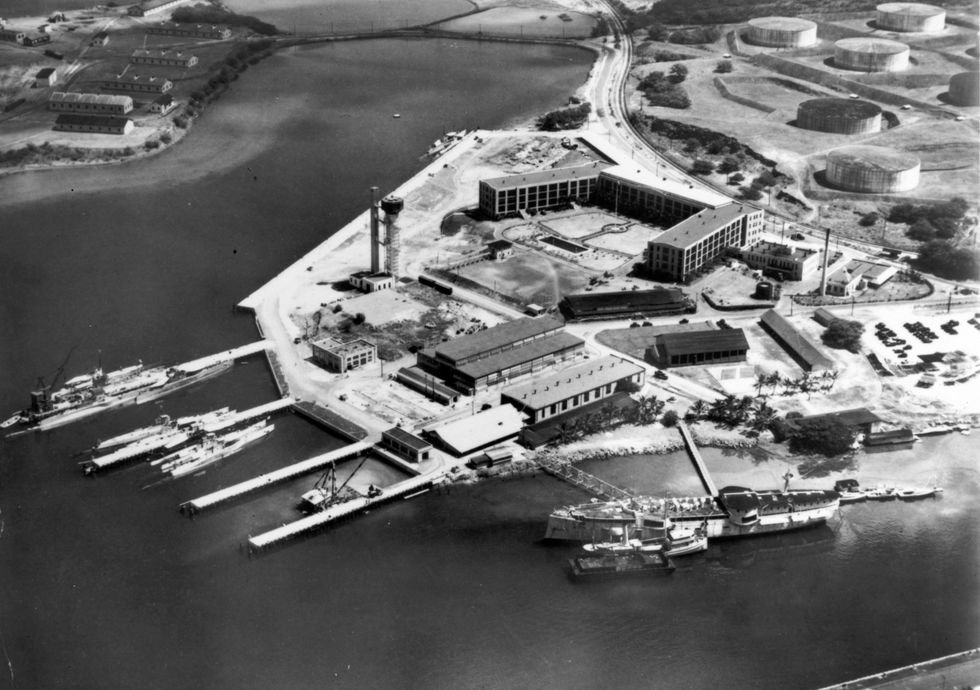 File:Pearl Harbor submarine base in the early 1930s.jpg ...commons.wikimedia.org
File:Pearl Harbor submarine base in the early 1930s.jpg ...commons.wikimedia.orgThe U.S. had three aircraft carriers assigned to Pearl Harbor at the time of the Japanese attack, but they had been displaced on missions on the day of the attack. The Japanese had received intelligence that the carriers weren’t there, but decided that it wasn’t important. This turned out to be the wrong decision, as those aircraft carriers later helped the U.S. win the fight against Japan.
39. A Flaw in the Design
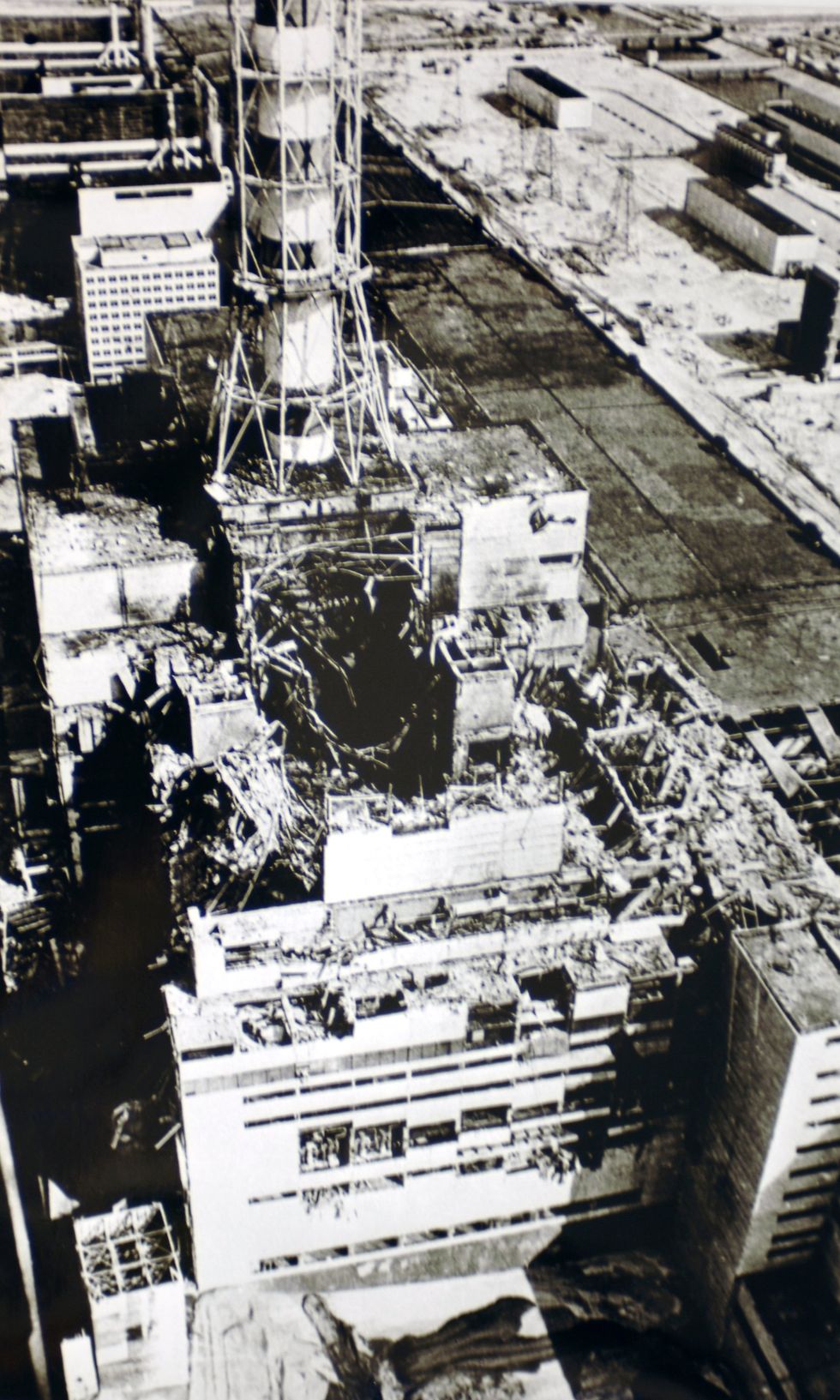 File:IAEA 02790015 (5613115146).jpg - Wikimedia Commonscommons.wikimedia.org
File:IAEA 02790015 (5613115146).jpg - Wikimedia Commonscommons.wikimedia.orgOn 26th April 1986, engineers at the V.I. Lenin Nuclear Power Station, a Soviet facility, were testing a new cooling system designed to reduce the risk of a meltdown. Their test caused a meltdown, and the resulting explosion destroyed Chernobyl’s reactor 4.
The Chernobyl Forum predicts that the eventual toll could reach 4,000 among those exposed to the highest levels of radiation. That said, what many people don't know is that the plant actually remained a fully-functioning power plant for years after the disaster.
The disaster destroyed reactor 4, but reactors 1-3 remained open for business. Due to high levels of radiation, plant employees could no longer live beside the facility, but many continued to commute to work to supply power in Europe. The final reactor only ceased operating in 2000.
40. Lost His Hard Drive
 gold and silver round coinsPhoto by Kanchanara on Unsplash
gold and silver round coinsPhoto by Kanchanara on UnsplashIn 2009, James Howells bought 7,500 bitcoin when they weren’t worth anything, and by 2013, they had risen to a value of 613 British pounds each, giving him a multi-million dollar portfolio. The only problem was that he’d thrown away the hard drive where the bitcoins were stored.
When he realized his mistake, he went to the landfill to try and recover it, but he was unable to locate it.
41. A Costly Spelling Mistake
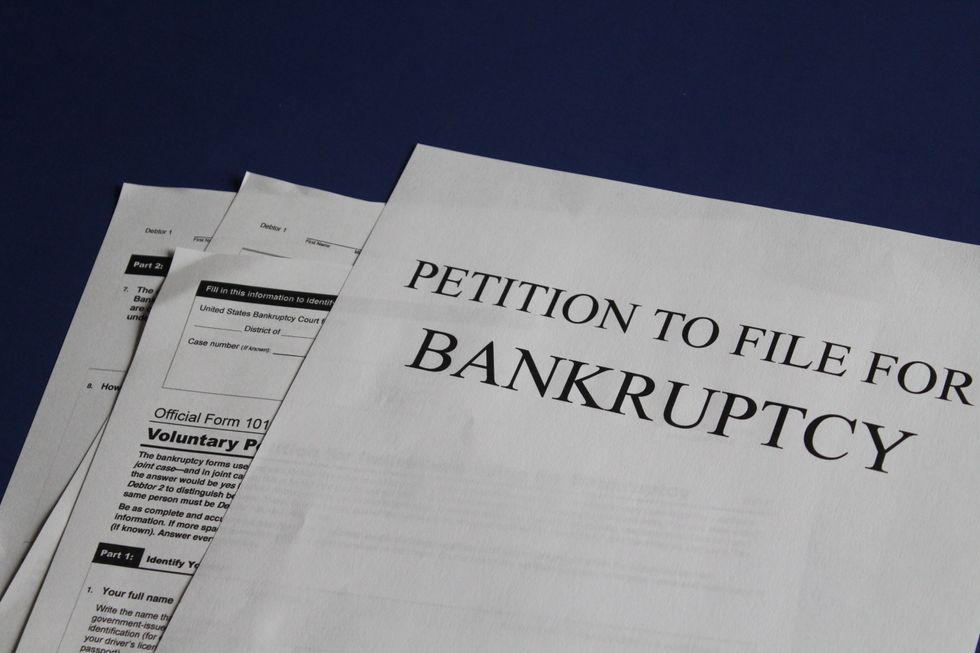 Petition to File For BankruptcyPhoto by Melinda Gimpel on Unsplash
Petition to File For BankruptcyPhoto by Melinda Gimpel on UnsplashThe British government was sued for £9 million after a clerical error resulted in the wrong company being recorded as in liquidation. Companies House mistakenly mistook a 124-year-old Welsh company called “Taylor and Sons” for a bankrupt company “Taylor and Son” due to a clerical error that inserted an extra ‘s’ onto a liquidation notice. The mistake cost 250 people their jobs.
42. Too Easy to Copy
 Day 250: Summer Addiction | I was first introduced to Snappl… | Flickrwww.flickr.com
Day 250: Summer Addiction | I was first introduced to Snappl… | Flickrwww.flickr.comWhen Quaker purchased Snapple for $1.4 billion in 1994, their goal was to sell it in every grocery store in the country. But Snapple was so successful in the smaller brand-name grocery stores that companies like Pepsi and Coca-Cola made their own copycat brands. Quaker sold Snapple after just three years for significantly less than what they paid.
43. Don’t Drink and Steer
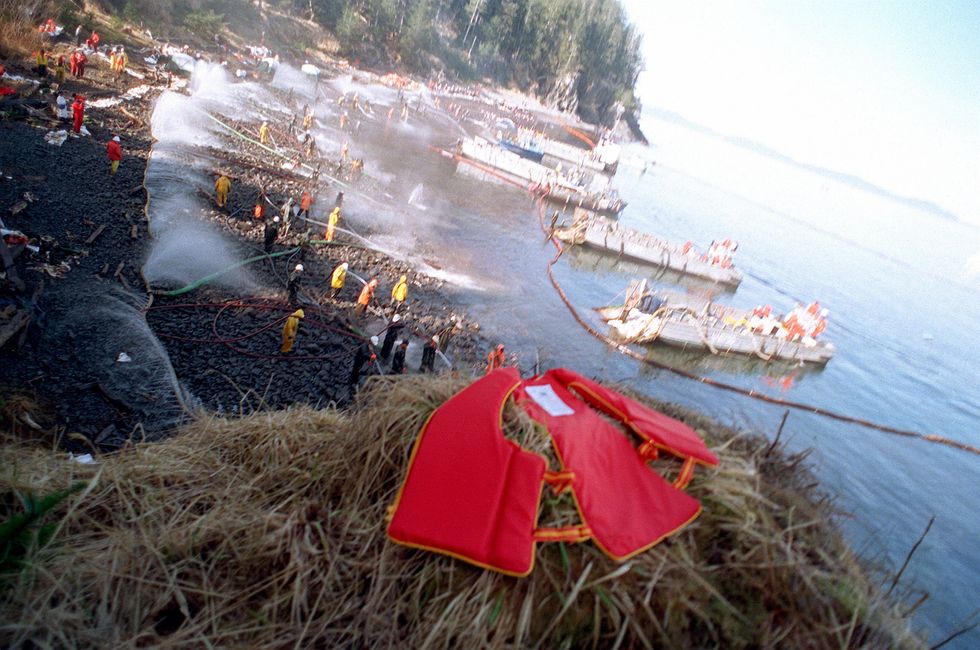 File:Exxon Valdez Cleanup.jpg - Wikimedia Commonscommons.wikimedia.org
File:Exxon Valdez Cleanup.jpg - Wikimedia Commonscommons.wikimedia.orgIn 1989, an Exxon oil tanker was headed to California when it ran aground on the Bligh Reef off the Alaskan coast. The tanker spilled around 760,000 barrels of oil into the water, and the captain was later accused of being drunk at the time of the accident. He was convicted of negligent discharge of oil.
44. A Fat Finger Trade
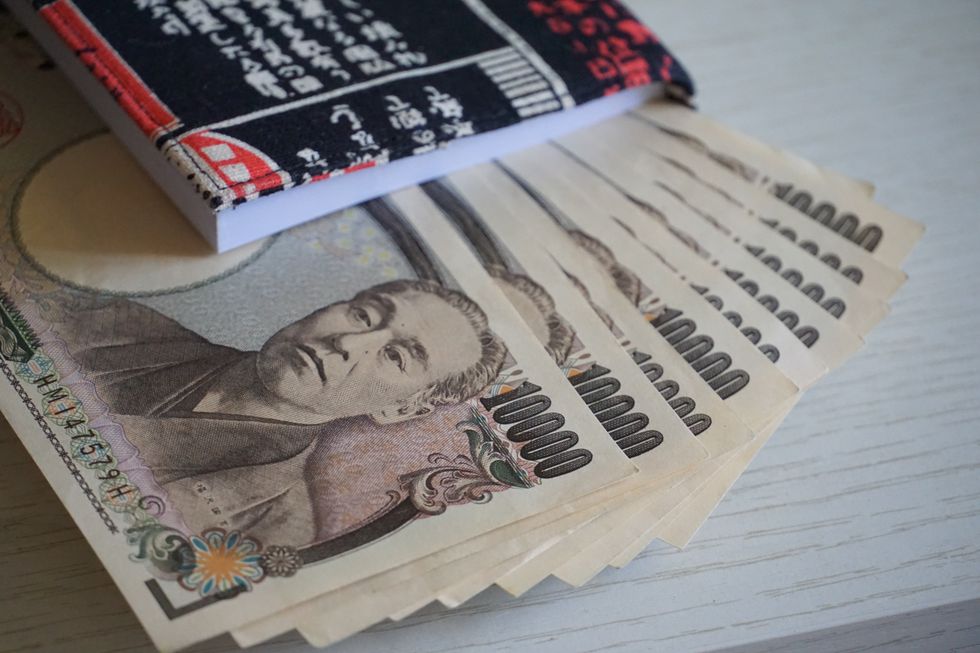 textPhoto by jun rong loo on Unsplash
textPhoto by jun rong loo on UnsplashA Japanese trader cost his company nearly $2 million when he accidentally sold 610,000 shares for 1 yen, instead of 1 share at 610,000 yen. It was a “fat-finger keyboard error”, a mistake in which a trader places a buy/sell order at a far greater size than intended.
45. You Can’t Dock Here!
 yellow and blue abstract paintingPhoto by Didssph on Unsplash
yellow and blue abstract paintingPhoto by Didssph on UnsplashWhen a storm caused one of the 12 oil tanks on the MV Prestige to burst, the captain called for help from Spanish rescue workers, expecting to bring the vessel into the harbor before it sank. Because the Spanish, French, and Portuguese governments refused to allow the ship to dock in their ports, the ship eventually split in half and sank, releasing over 20 million gallons of oil into the sea.
46. No Heir, No Empire
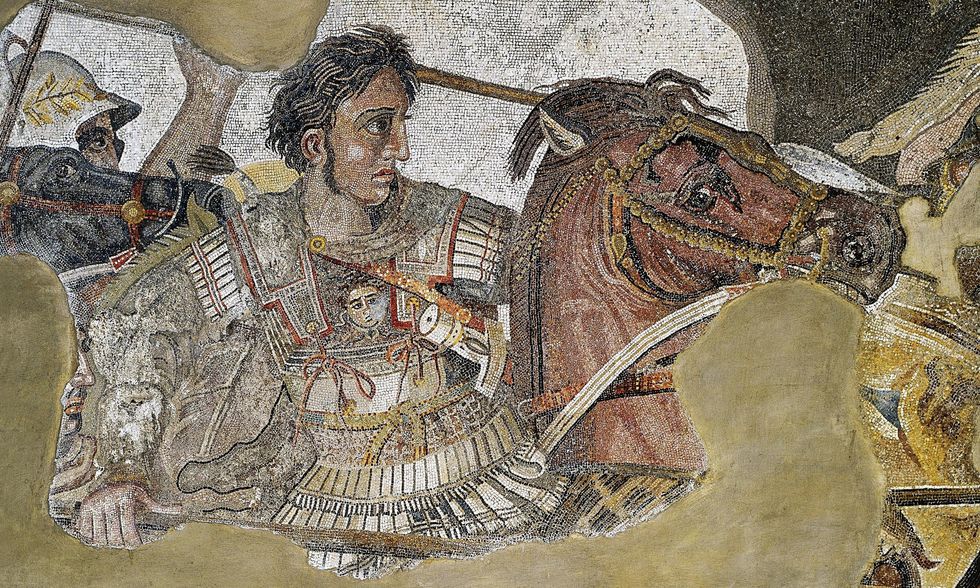 File:Alexander the Great mosaic.jpg - Wikimedia Commonscommons.wikimedia.org
File:Alexander the Great mosaic.jpg - Wikimedia Commonscommons.wikimedia.orgAlexander the Great succeeded in forging the largest Western empire of the ancient world-- only for it to fall apart because he never named an heir.
Shortly before he gave his last breath, Alexander was asked who should succeed him. He responded simply, “the strongest"...as though that was a helpful answer.
As it turns out, men who've spent their lives conquering much of the known world tend to be a little competitive. Upon his passing, Alexander's generals immediately vied to fill the power vacuum... leaving his carefully crafted empire to crumble.
47. Houston We Have A Mistake
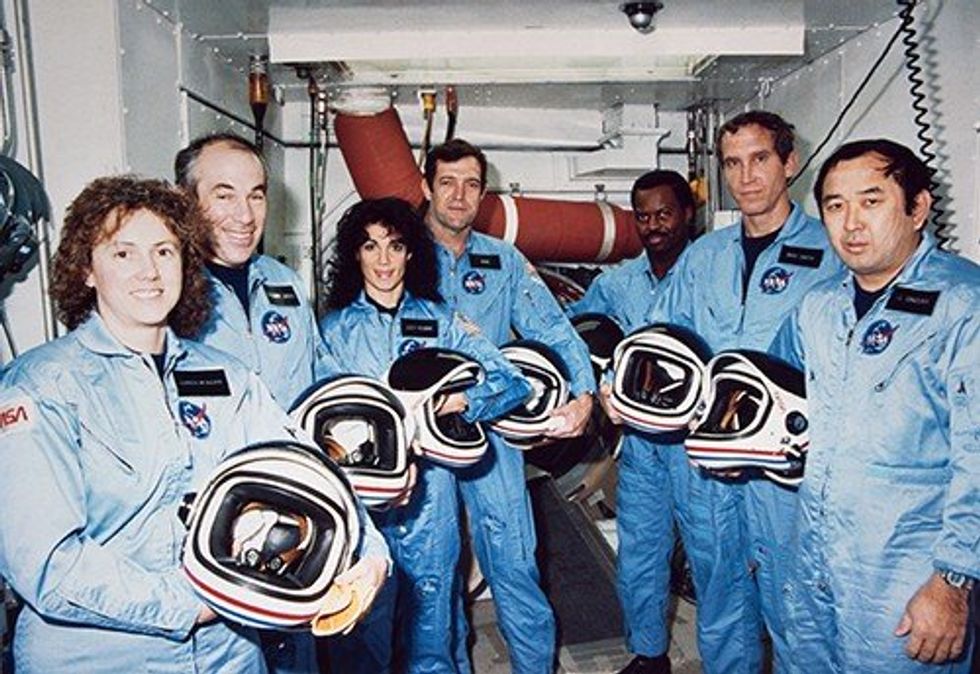 January 28, 1986 – Space Shuttle Challengerwww.history.navy.mil
January 28, 1986 – Space Shuttle Challengerwww.history.navy.milApproximately 17% of Americans were watching on the morning of January 28, 1986, as the Space Shuttle Challenger launched toward space. Onboard were 6 NASA astronauts, as well as Payload Specialist Christa McAuliffe, who was set to become the first teacher in space.
Tragedy struck just 72 seconds after liftoff. Gasses in the external fuel tank mixed, exploded, and tore the shuttle apart. All 7 crew members were lost.
Prior to the disaster, the builder of the solid-rocket boosters advised NASA that they believed the O-ring seals in the solid-rocket boosters could fail at extremely low temperatures. On the day of the launch, the temperature was 15 degrees colder than any previous launch in history.
48. Rejected Harry Potter
J.K. Rowling’s literary agency received 12 rejections for Harry Potter. When the 8-year-old daughter of an editor at Bloomsbury demanded to read the rest of the book, Bloomsbury finally agreed to publish it...but also advised Rowling to "get a day job" as there was little chance of making any money with children’s books.




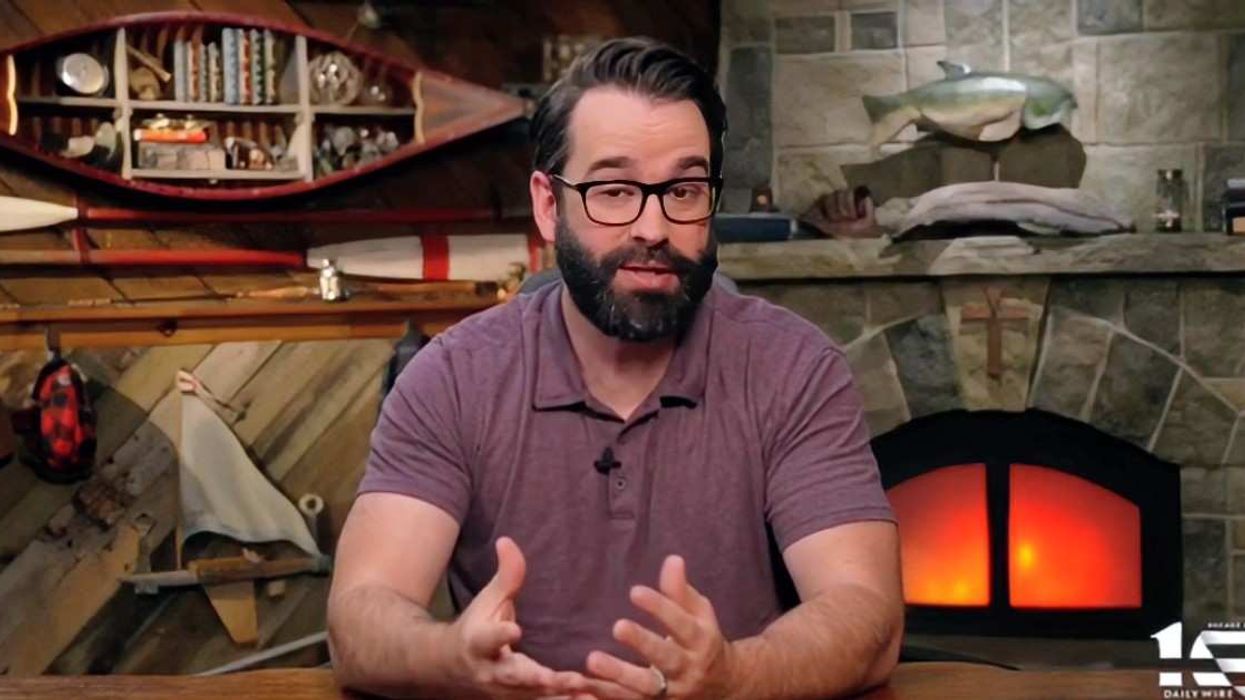










 @vanessa_p_44/TikTok
@vanessa_p_44/TikTok @vanessa_p_44/TikTok
@vanessa_p_44/TikTok @vanessa_p_44/TikTok
@vanessa_p_44/TikTok @vanessa_p_44/TikTok
@vanessa_p_44/TikTok @vanessa_p_44/TikTok
@vanessa_p_44/TikTok





 @GovPressOffice/X
@GovPressOffice/X @GovPressOffice/X
@GovPressOffice/X @GovPressOffice/X
@GovPressOffice/X @GovPressOffice/X
@GovPressOffice/X